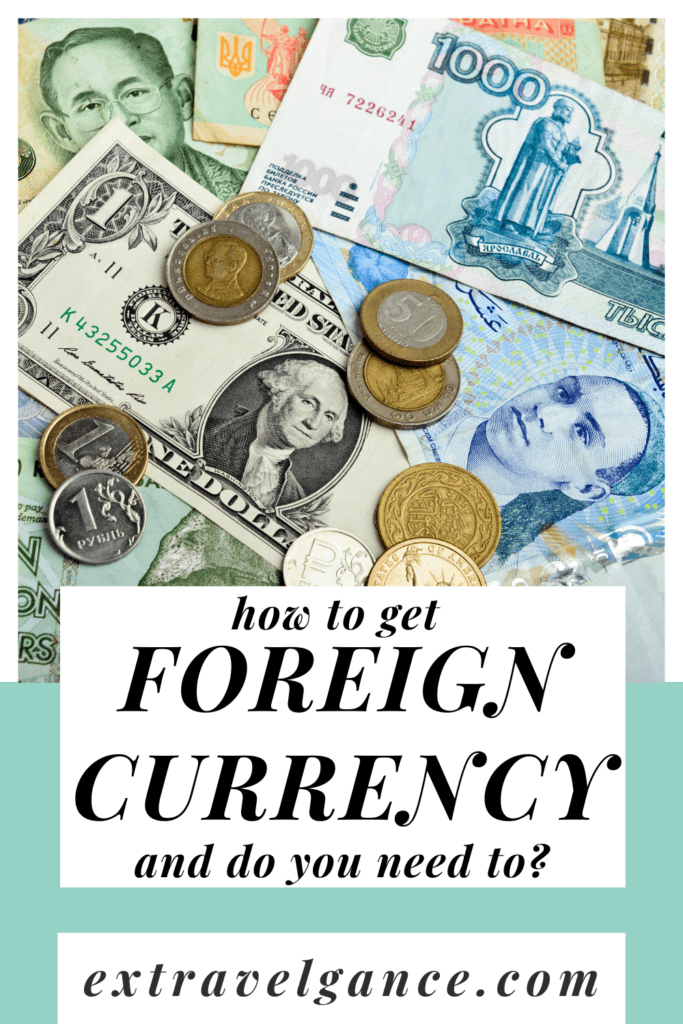
Many people want to travel, but they worry about falling prey to common travel scams. In a perfect world, travel would be 100% safe and wholesome. But in our less-than-perfect-world, there are scam artists who want to make a buck or two. Here are some common travel scams and how you can avoid being a victim.
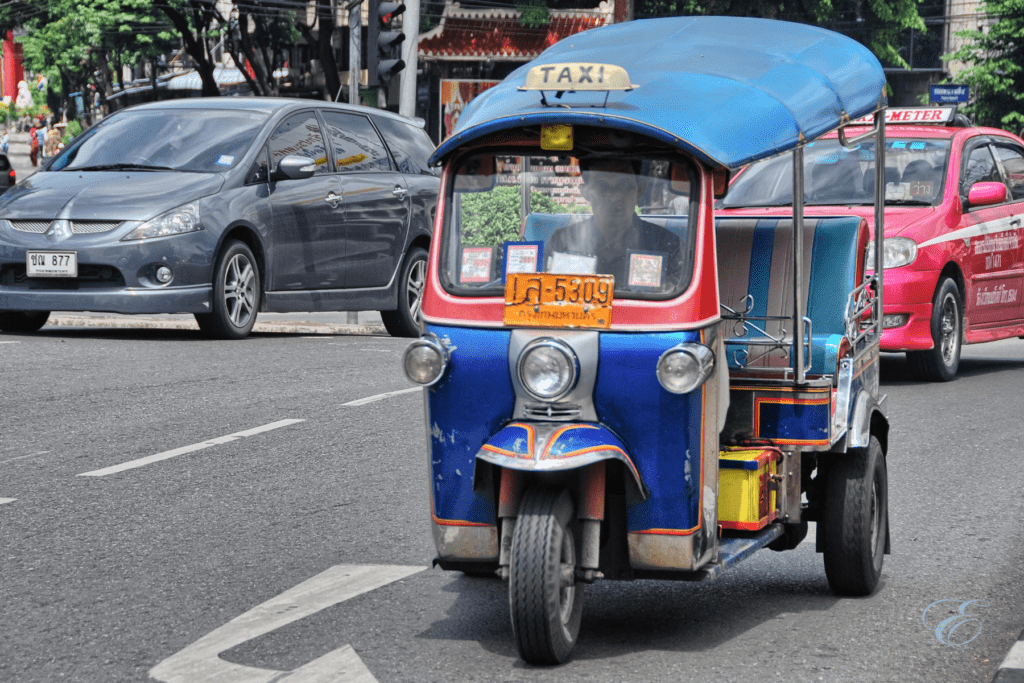
Transportation Scams
One of the most common travel scams is paying too much for a taxi. The best way to avoid this is to research the typical cost online prior to your trip. During your trip, you can always ask your hotel staff for standard rates. Then before you get into a taxi, negotiate a price with the cab driver in advance. Or in places where you can use a ride share, book that instead. You will see how much the trip will cost you in advance.
And if your driver tells you your accommodations are overbooked or the attraction you are interested in is closed, demand to be dropped off there anyway. This happened to Amanda and me in India. We ended up spending several hours in a tuk-tuk being taken from one overpriced market to the next after being told that the market we wanted to be driven to was closed. Once we finally separated from this driver and found another, we were quickly dropped off at the right market that was, in fact, open.
Also, if you have made arrangements to have a cell phone connection abroad, pull up your route on Google Maps. Make sure the driver is taking you on the best route, especially if the meter is running. If you don’t have cell phone access, you can still download Google Maps on your phone.
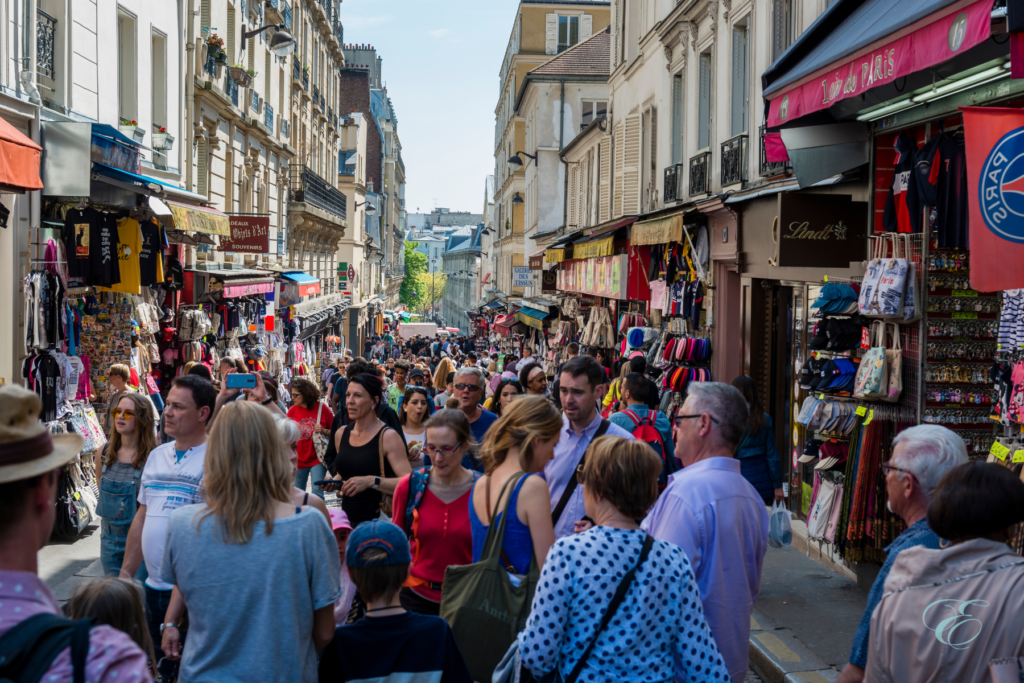
It’s-Too-Good-to-be-True Scams
It’s-too-good-to-be-true scams take many different forms, but they all rely on the scammer giving you something of value and then demanding you pay for it. When you refuse, they make a scene hoping you will give in. Examples include bracelets, flowers, hats, etc. This happened to me when I was a teenager. Someone handed me a rose and demanded that my dad give him $20. I was appalled by the injustice of it!
The best way to avoid this scam is not to allow anyone to put anything on your body, and don’t accept anything for free. If you happen to take the item, firmly say “no, thank you,” give it back, and walk away.
If the person trying to give you something is wearing monk or in other religious garb, keep your guard up. Most religious acolytes do not wander through touristy areas giving things to people and then demanding a donation. Just say “no, thank you” and walk away.
Another variation of this is someone offering to sell you what they say is a valuable item at a good price. Most of the time, the item is not valuable. But the scammers can be convincing. This is definitely a time to adapt the old adage, “if it sounds too good to be true, it probably is!”
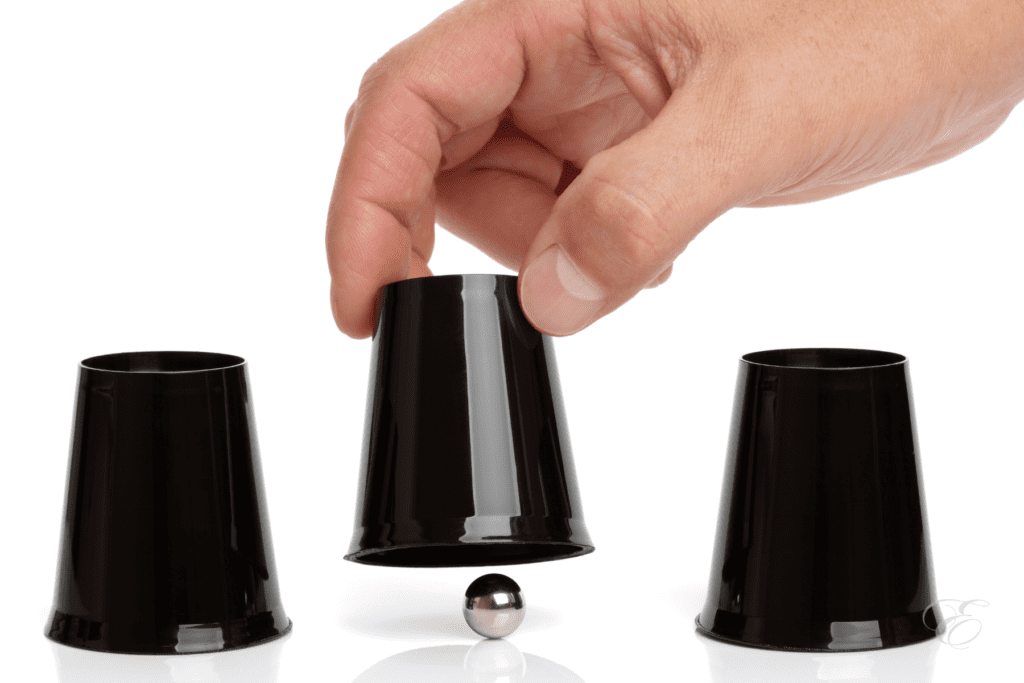
Shell Game Scams
Shell game scams are when you see people on the street playing some sort of game. Often it’s three-card Monte or a ball hidden under one of three cups. You put down money and always win the first round. Then you bet more money and lose it all. Just say no to these games. Remember, it’s like Vegas – the house always wins!

Friendly Locals Scams
When you are traveling internationally, it’s not uncommon to meet friendly people. Be wary. Yes, most people all over the world have good intentions. But another common scam is having an overfriendly local try to get you to pay an exurbanite price for something.
One example of this inviting you to have a drink or a meal with them so they can practice their English. Then they give you a huge bill and you are told they will contact the police if you don’t pay. Another variation is following someone into a shop after a friendly conversation and then pressuring you to buy something. A third variation involves an attractive local who pays you special attention and invites you to go to a bar or club. After a few hours of drinking, you might receive an overpriced bill. The attractive local is suddenly nowhere in sight but several large bouncers are demanding you pay.
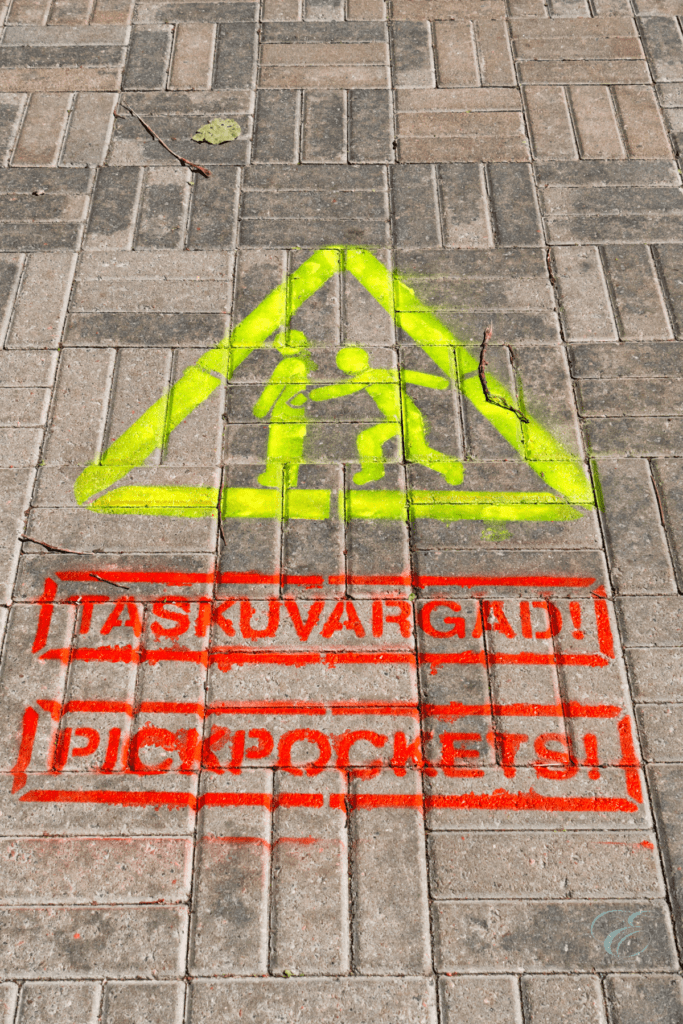
Distraction Scams
Another common scam is a distraction scam. For example, someone spills something on you. As they are apologizing profusely and dabbing you with a handkerchief, they are also pick-pocketing you. If something spills on you, walk quickly away in the opposite direction and clean yourself up!
Another iteration of this is being asked to sign a petition, or even what time it is. You are often being pickpocketed as you are distracted. And yet another distraction scam is being asked for money by children or adults with injuries or deformities. An accomplice is often waiting nearby to see where you keep your wallet so they can pickpocket it later. While it might tug at your heartstrings, it’s better to just say “I’m sorry, no” and then donate to a local charity. Or you can carry snacks with you and give them those instead.

Souvenir Scams
Souvenir scams are rampant and can take many forms. If you are buying something really expensive and shipping it home, be wary. You might get a much lower quality item than what you picked out in the store. If you are in the market for an expensive item, ask your hotel staff for recommended vendors who won’t play the bait and switch game.
Sometimes scammers will show you a name brand item, then swap it out for a knock-off when packaging the purchase. Make sure you check the package contents before leaving the store.
Also, try to avoid buying stuff in the touristy parts of town. It’s much cheaper to buy things a few blocks away from where all the tourists are gathered.
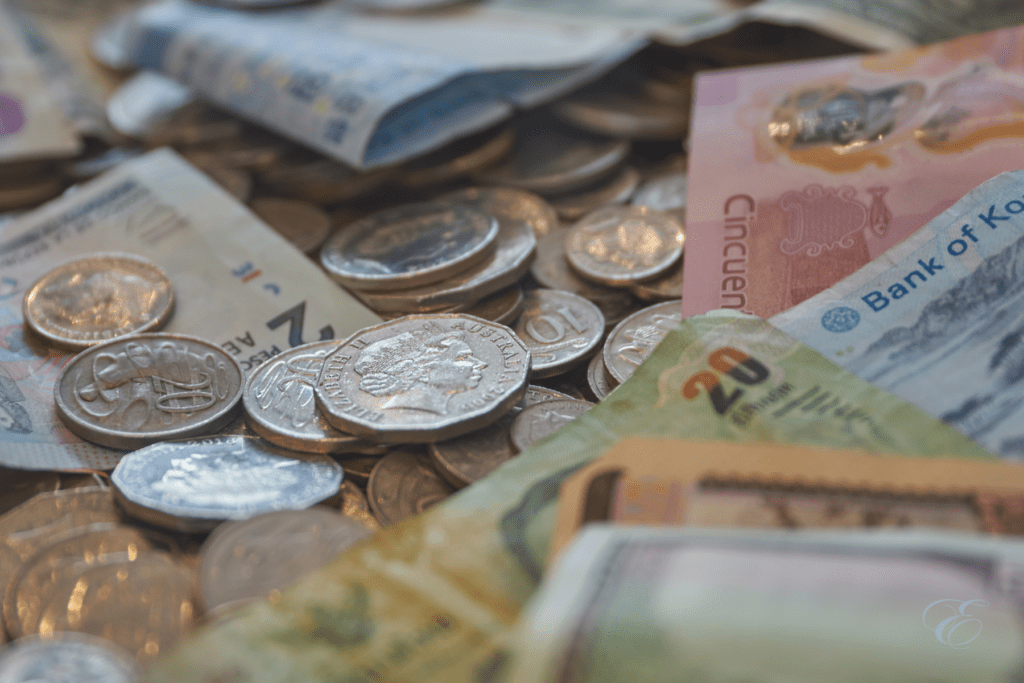
Money Scams
There are quite a few common travel scams involving money. Here’s how to avoid them:
- Check your receipts and make sure no additional unauthorized charges were added to your bill.
- Gain familiarity with the local currency and carefully study any change you receive to make sure it’s correct.
- Use an indoor ATM inside a bank branch, and check the ATM for a card skimmer.
- If you need to exchange US Dollars for foreign currency, only do this at reputable currency shops. If someone comes up and offers you a great rate, the currency you receive is likely to be counterfeit.
Have you been the victim of travel scams?
If yes, tell us more below – it’s important to learn from each other. You can also contact us and follow us on Facebook, Instagram and Pinterest so you never miss a post!

